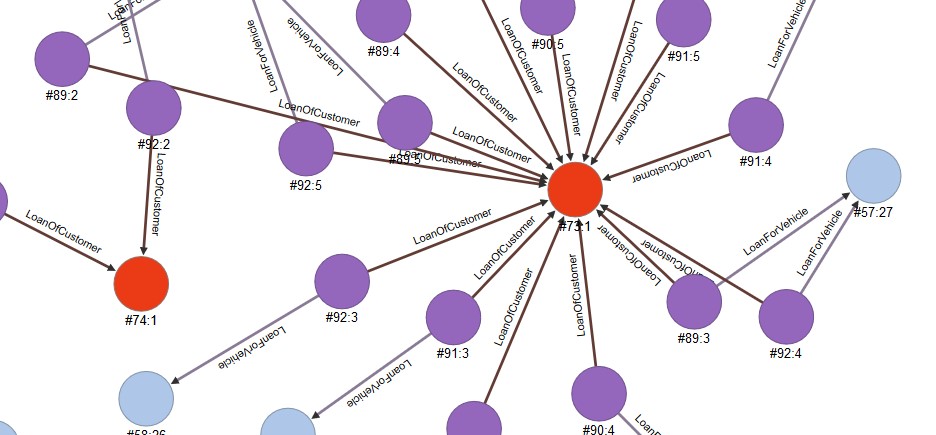
The participants learn to examine theoretically and to use in practical applications recent database schemes like e.g. object-oriented databases or NoSQL databases and modern techniques for relational database systems like e.g. mobile databases . nThis contributes towards reaching the aim of this study program, i.e. enabling students to design complex applications: For critical applications it is necessary to examine competitive database schemes with regard to their suitability, to configure the database correspondingly and to plan the correct interplay of third-party software (DBMS) and self-developed software. nAfter participation in the course the participants can: n
- n
- justify theoretically advantages and disadvantages of object-oriented databases and then decide for practical problems whether an object-oriented or object relational database shall be used n
- apply techniques of the object-oriented programming like aggregation, definition of classes, inheritance etc. to object-oriented databases n
- design object-oriented database structures with UML and implement them efficiently as a program system with an object-oriented or object relational database n
- understand theoretical concepts for consistency, performance, scaling of databases like e.g. recovery, storage strategies, distributed and Grid databases, use them optimally at practical problems and develop them further. n
- name differences and fields of application of homogeneous distributed databases, federated and heterogeneously distributed databases n
- compare different replication and synchronization techniques in mobile databases n
- develop an application with the NoSQL database management system OrientDB n
- Trainer/in: Martin Hulin